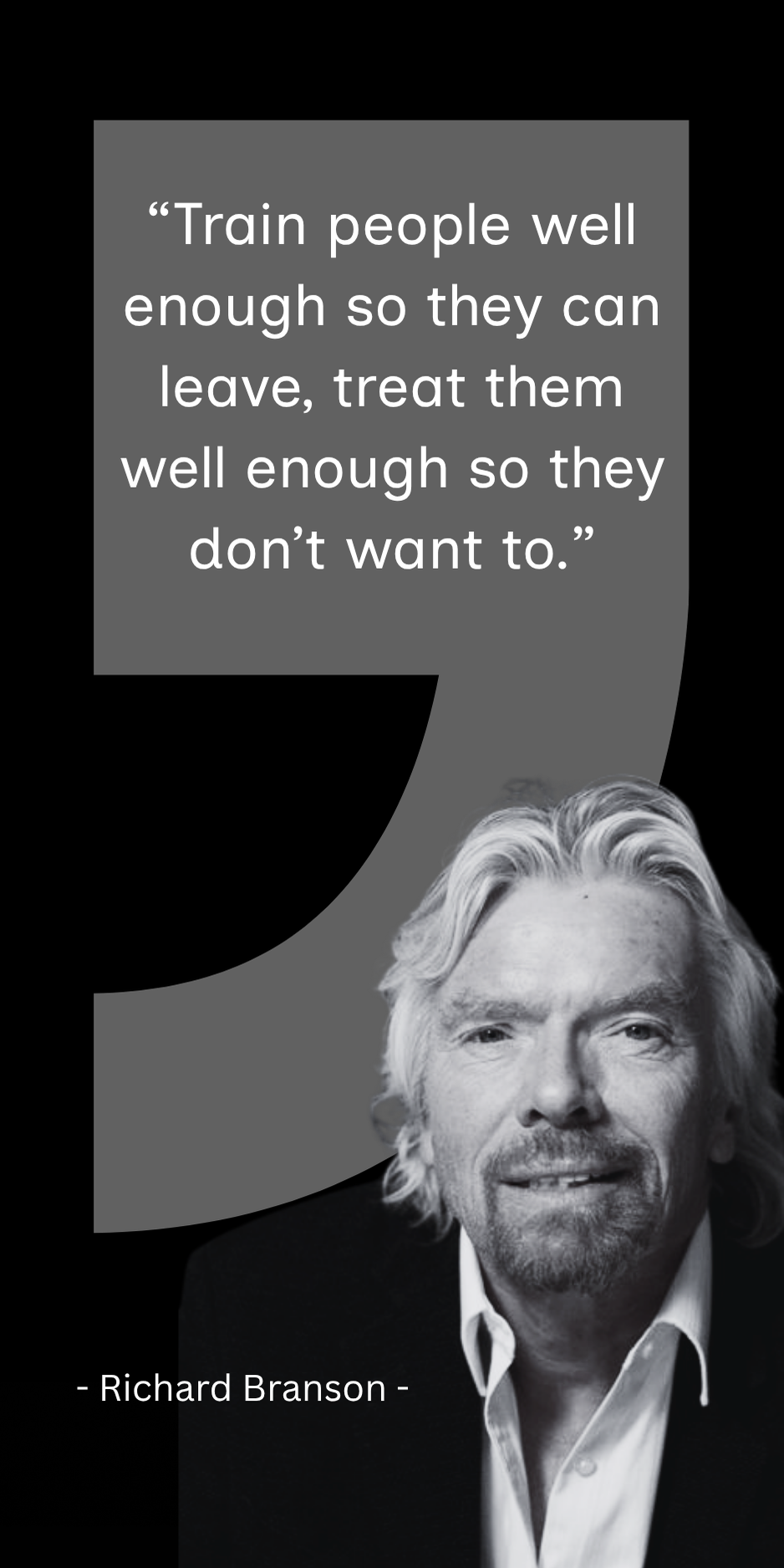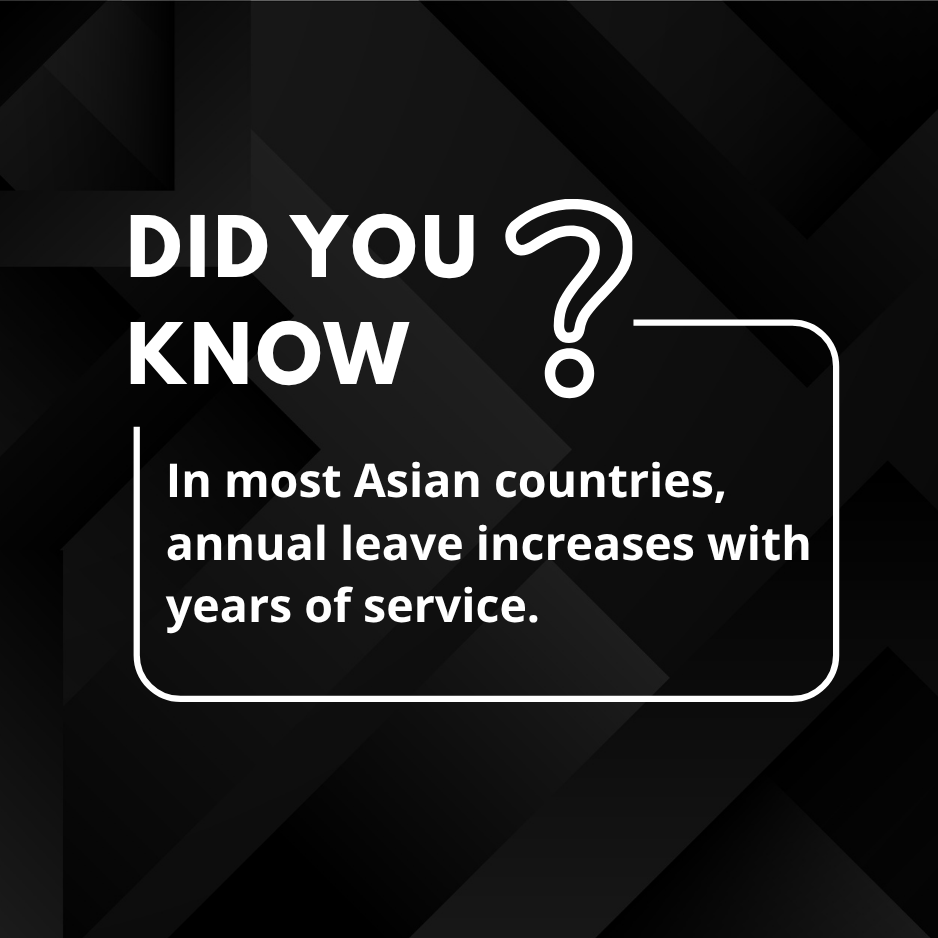Now Reading: From Village to Corporate: Building Community Spirit in Modern Workplaces
-
01
From Village to Corporate: Building Community Spirit in Modern Workplaces
From Village to Corporate: Building Community Spirit in Modern Workplaces

For a long time, the Sri Lankan village (gama) has been the very basis of community life. The village model, based on kinship, cooperation, and collective responsibility, had the power to determine human relations, resource sharing, and problem-solving methods. Shramadana (voluntary collective effort) and gama rajya (village governance), besides signifying rural traditions, are also two such cultural values that symbolize the togetherness and mutual support of a community.
Today, in modern corporate workplaces, famished for global competition and individual achievements, this communal spirit, strength that binds as a whole, is still relevant. The HR leaders of Sri Lanka can take inspiration from the gama principle and lead organizations not only in achieving their organizational goals but also in becoming cohesive, resilient and human – centered ones.
Village Values as Cultural Foundations
Tradition-bound villages depended on cooperation for both survival and prosperity. People worked together to build their houses, helped each other in labor during the harvest, or stood by each other during hard times. The spirit of shramadana was one that perfectly captured a philosophy of shared effort for the collective good. In such communities, trust and accountability were strengthened through communal discussions, and these were the times when decisions were made.
Organizational behavior theory parallels this tightly. One of the main ideas of social capital theory (Putnam, 2000) is that the networks of trust, reciprocity, and cooperation are the building blocks of collective achievement. In a similar way, collectivist cultural models (Hofstede, 1980) recognize that societies with strong communal values are instrumental in deepening the feeling of belonging and loyalty.
These village principles, when implemented in offices, signify the behaviors of collaboration, distributed leadership and HR policies that are community focused. Communication is unambiguous: an individual’s power is a group’s power.
Community Spirit as a Corporate Asset
The community-centered approach can be a big win for the company in three substantial ways
- Stronger Employee Engagement
As a result of the villagers feeling pride in the common achievements, employees that find community in their workplaces usually report higher engagement levels. Employee engagement is also supported by Kahn’s (1990) theory of engagement, which states that the feeling of psychological safety and belonging are among the requirements for commitment.
- Resilience in Times of Crisis
The gama model was a perfect example of resilience regardless of whether they had to deal with droughts, floods, or conflicts. To put it in corporate terms, community spirit is the main factor that leads to organizational resilience which enables employees to become a support system for each other during events such as the economic downturns, restructuring, or crisis like the COVID-19 pandemic.
- Ethical Responsibility and Trust
Trust was the basis for the villagers’ social relationships. In organizations, community-based HR policies lead to the presence of transparency and honesty which further maintain the trust between the employer and the employee.
In the end, the workplace is more than just a place of work, it is a community of practice that carries the cultural heritage of Sri Lanka.
Community in Sri Lankan Companies
Several corporate entities in Sri Lanka have gone as far as embedding community concepts into their human resources business model, which is a clear indication of how much the communal life principles have influenced the gamut of the organizational structures.
- Shramadana-Inspired CSR (Manufacturing Sector)
One Kurunegala garment factory has been organizing its shramadana projects for several years. In these projects, employees work as volunteers in local schools, hospitals, or other public places. Not only have these activities become a source of service to society, but they also reflect the unity of traditional village work. The HR team stated that the company experienced better teamwork and greater employee pride in the company’s values.
- Corporate Kinship (Banking Sector)
A prominent local bank has launched a “Workplace Kinship Program,” that is a program that promotes treating co-workers as “extended family members.” The support structures that go with it are emergency interest-free loans, peer mentoring, communal celebrations of milestones (birthdays, weddings, retirements). The surveys showed that there was an enhanced perception of trust and loyalty, and consequently, the attrition rate was reduced by almost 18% in two years.
- Village-Style Decision-Making (IT Sector)
A tech company situated in Colombo has brought innovations in open-forum town-hall meetings by adopting the gama sabhas (village councils) concept. All levels of employees can air their grievances and suggest initiatives. This new modus operandi has brought in higher levels of transparency, has made employees more creative and has led to a feeling of co-ownership in the minds of employees.
Such case studies manifest how Sri Lankan corporations can break-free from Western-centric HR templates by rooting their strategies in culture-specific practices of human sound working and kinship.
Reviving the Spirit of Gama in Workplaces
While the Sri Lankan village may appear far away from the glass skyscrapers of Colombo, its essence is still relevant. Shramadana, kinship, and communal dialogue are reminders that productivity and humaneness are not mutually exclusive, rather they coexist when organizations implement a community mindset.
On the part of HR leaders, gamamsanskara embracing the gama ethos is akin to fostering workplaces where people feel connected, supported, and empowered to make a positive impact on the organization. It implies reimagining the HR systems not solely efficiency-based but also incorporating care and collective well-being.
As Sri Lanka is pricing its way through the global village, the task is to keep the workplace culture intact by drawing on the wisdom of the past times. Organizations can not only make the teams become more robust but also the societies by living the values of the village through corporate life.












